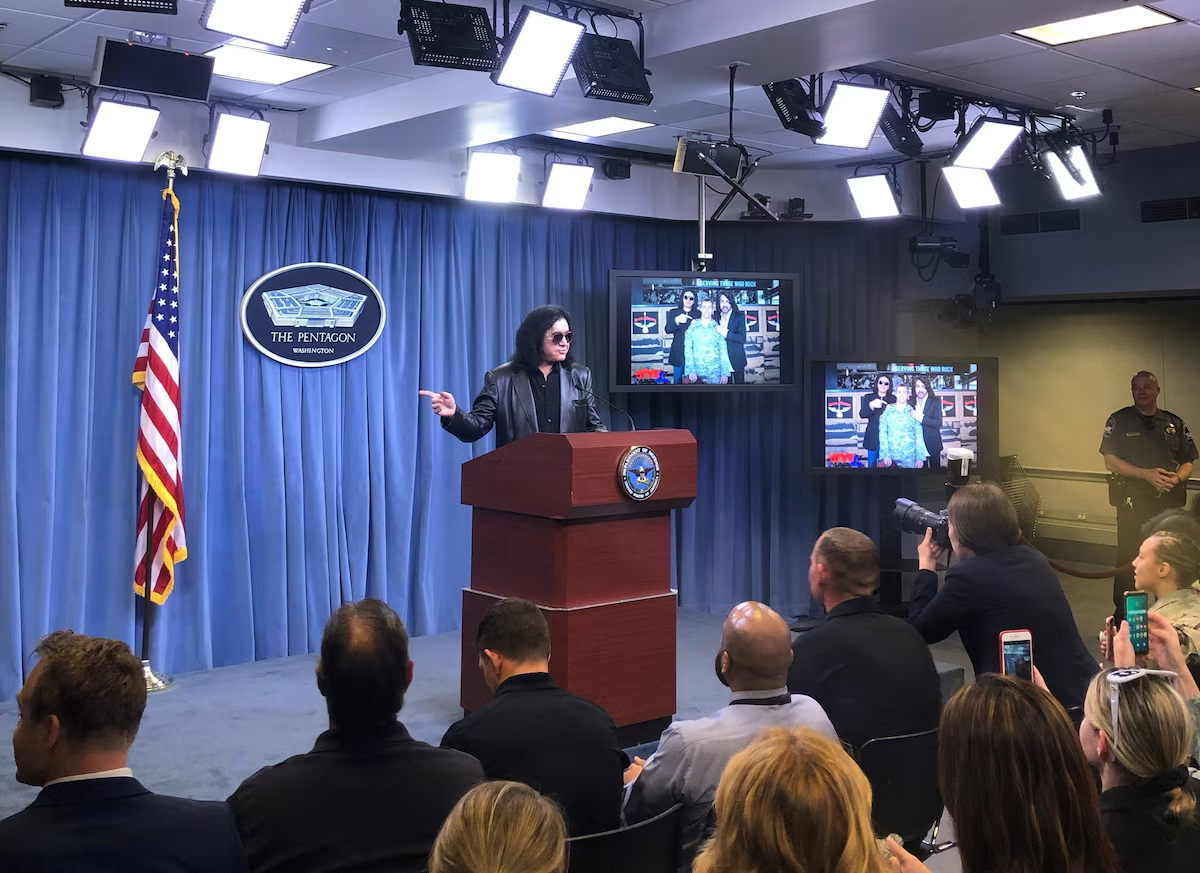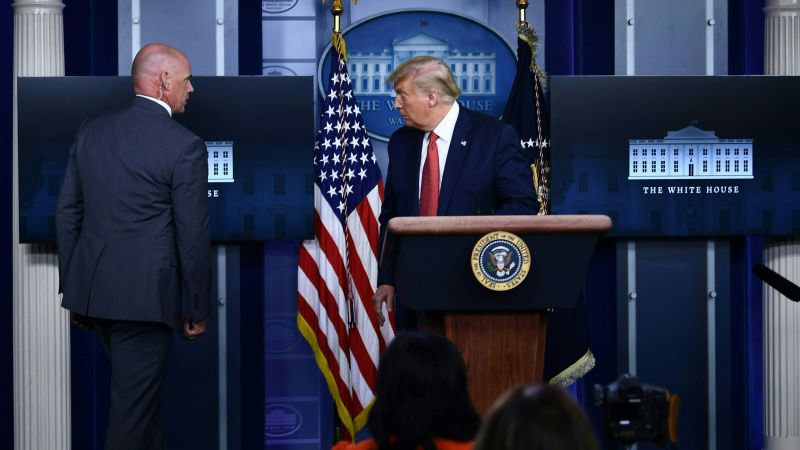The fallout from the recent U.S. military strikes on Iran"s nuclear facilities is far more complicated than President Trump would have the public believe. Senator Murphy, emerging from a classified briefing, made it clear: the claims that Iran"s nuclear program has been "obliterated" are grossly exaggerated. This isn"t just a political issue; it"s a matter of national security and public trust.
Senator Murphy Calls Out Trump’s False Claims
After Defense Secretary Pete Hegseth"s briefing, Senator Chris Murphy articulated concerns that the reality of the situation starkly contradicts Trump"s assertions. He stated, "I just do not think the president was telling the truth when he said this program was obliterated." This admission is not just a criticism of Trump; it raises questions about the integrity of information being relayed to the American people, particularly in matters of such gravity.
Intelligence Reports Challenge Official Narratives
According to a preliminary U.S. intelligence report, the recent strikes only delayed Iran"s nuclear ambitions by a matter of months, not years as Trump and his administration claimed. The Defense Intelligence Agency"s assessment indicates that while there was damage to sites like Fordow, Natanz, and Isfahan, the notion of total obliteration is misleading. This assessment contrasts sharply with Trump’s declarations of a successful military operation, which he described as "total obliteration" in a post-strike announcement.

Pentagon marks a year without press secretary briefings - The ...
White House Pushes Back Against Criticism
The White House has vehemently defended Trump"s narrative. Press Secretary Karoline Leavitt dismissed the intelligence report as an attempt to undermine the president and the military"s efforts. Leavitt stated, "The leaking of this alleged assessment is a clear attempt to demean President Trump and discredit the brave fighter pilots." This defense raises serious questions about the administration"s transparency and accountability.
Implications for U.S. Foreign Policy and National Security
The implications of these conflicting narratives extend beyond mere political posturing. If the U.S. military"s actions have only temporarily stalled Iran"s nuclear program, the potential for a nuclear-armed Iran remains a pressing concern. This situation could escalate tensions in an already volatile Middle East, posing a risk not only to regional allies but also to global security.

After shooting near the White House Trump briefly leaves press briefing ...
Public Trust at Stake
As reported by AP News, the American public deserves clear and accurate information, especially when lives are at stake. Misleading statements from the highest office can erode trust in governmental institutions and fuel public skepticism about military operations. This is not merely a political issue; it is a profound breach of public trust.
As Iran acknowledges damage to its nuclear facilities, the focus must shift to accountability. The American people need to know the truth about the effectiveness of military actions and their broader implications. The stakes are high, and the need for transparency has never been more urgent.



![[Video] Gunfire between Iraqi security forces and Sadr militias in Baghdad](/_next/image?url=%2Fapi%2Fimage%2Fthumbnails%2Fthumbnail-1768343508874-4redb-thumbnail.jpg&w=3840&q=75)
